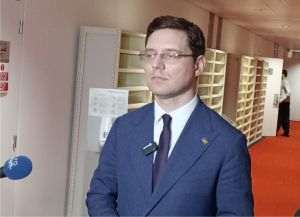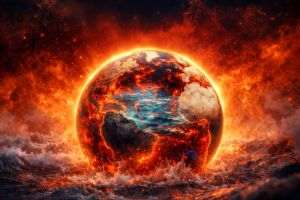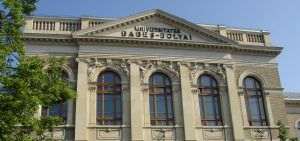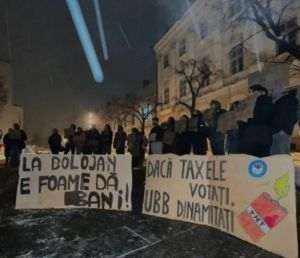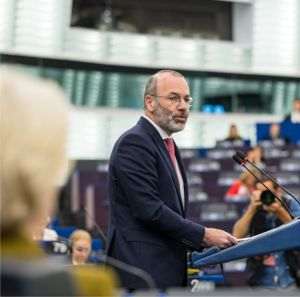At a time when our planet is undergoing irreversible transformations, experts warn that it is vital that humanity takes concrete measures to protect biodiversity. Reports from the Intergovernmental Platform on Biodiversity and Ecosystem Services (IPBES), the biodiversity equivalent of the IPCC (Intergovernmental Panel on Climate Change), highlight the rapid degradation of the natural environment and the catastrophic consequences for living things and ecosystems. COP16, the international conference on biodiversity held in Cali, Colombia, aimed to address these major issues and pursue the goals set out in the Kunming-Montreal Agreement, which includes 23 essential measures to conserve nature by 2030.
• A degraded environment
According to the latest estimates, 75% of the Earth's surface has been affected by human activities, including deforestation and the destruction of ecosystems for agriculture and urbanization. Wetlands, which have been reduced by 87% in the last three centuries, are among the most affected. This degradation of habitats has had major effects on wildlife and the capacity of soils to support life. According to IPBES, "land degradation affects the well-being of 3.2 billion people," and the population of drylands could increase from 2.7 billion in 2010 to 4 billion by 2050. In addition to habitat loss, the resulting problems include declining air quality, land infertility, and an increased risk of zoonoses (diseases transmitted from animals to humans).
• Endangered species
Another alarm bell is the rapid decline in biodiversity. IPBES estimates that one million of the eight million species on Earth are threatened with extinction, a figure based on notable losses among pollinators, which play a critical role in global food production. Among the most vulnerable species are corals, which support marine biodiversity and protect coastal areas. It is estimated that a global warming of 1.5°C would lead to the disappearance of 70-90% of coral reefs, while an increase of 2°C would threaten 99% of these ecosystems.
• The "Five Horsemen of the Apocalypse" for biodiversity
The UN identifies five major, exclusively human-made factors that are causing the destruction of nature. Dubbed the "Five Horsemen of the Apocalypse", they include habitat destruction, overexploitation of resources, climate change, pollution and invasive species. Habitat destruction led to a loss of 2-11% of global biodiversity in the 20th century, but climate change could become the main cause of natural degradation by 2050.
• Economic impact
Nature provides essential services, and the global economy depends heavily on them. Around 55% of global GDP (equivalent to $58 trillion) is directly linked to natural resources, particularly in the agriculture, forestry and fisheries sectors. Water pollution, the lack of pollinators and the risk of zoonoses are examples of challenges affecting the global economy. Paradoxically, public funds often support environmentally harmful activities, such as fossil fuel extraction or intensive agriculture. One estimate suggests that these environmentally harmful subsidies amount to $2.6 trillion annually. The Kunming-Montreal Agreement set a goal of reducing these subsidies by at least $500 billion annually by 2030. Despite the seriousness of the situation, experts stress that restoring nature is possible and necessary. One of the key goals of the Kunming-Montreal Agreement is to restore 30% of degraded land by 2030. IPBES argues that "the benefits to nature are ten times greater than the costs", which is why investments in environmental protection are essential. The biodiversity crisis requires urgent mobilization, given that the impact of ecosystem loss will continue to grow in the coming decades. With firm action and sustained international collaboration, humanity can hope to make "peace with nature" and build a sustainable future. COP16 and the Kunming-Montreal Agreement represent an important step, but implementing these goals will require a constant and sustained global effort.


